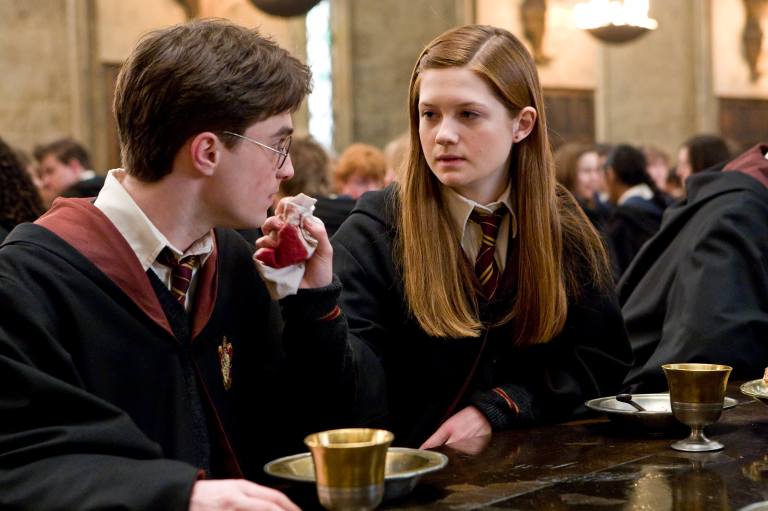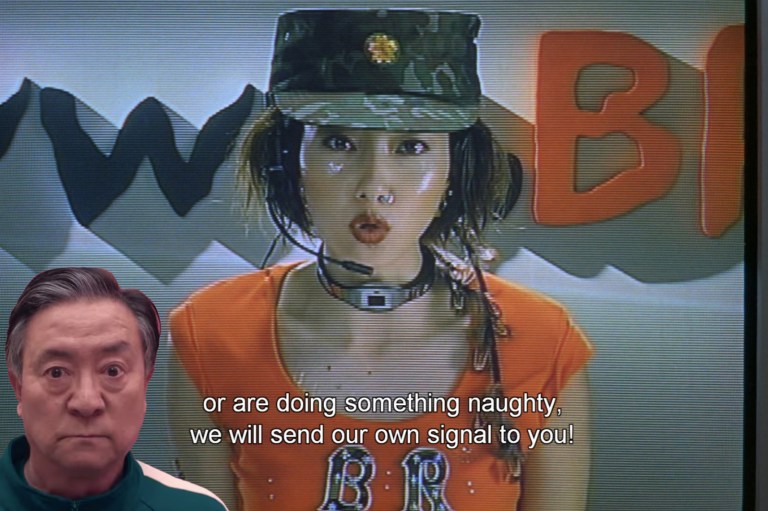7 Types Of People You Meet When You’re Trying To Heal
People heal at entirely different rates and you are allowed to feel broken for as long as those feelings are inside your system. There is a reason for them being there. In these negative emotions you will find positive ones and growth.
By ![]() Nikita Gill
Nikita Gill
This is how it happens. The universe thinks of you and puts you on this planet, without a guide book, without an idea of what is going to happen to you, without any kind of warning for anything. You learn everything you can from watching and listening to other humans – your parents, your siblings, your teachers, your friends. You learn about stability, and how important it is. You learn about spontaneity and how much humans need it amongst that stability to enliven themselves. You learn about happiness, and kindness, and sorrow, and anger, and situations which will hurt you more than anything.
But no one, not a single person prepares you for the full tsunami that is grief.
Suddenly, all of these things you have learned and taught yourself are null and void, and you have to build the path called healing before you even walk on it. And no one, not a single soul prepares you for how isolating it is. And yet, everyone thinks they’re saying the right things. Everyone thinks they are guiding you the right way. These are the people you meet when you are building this difficult, meandering, never in a straight line healing bridge back to some semblance of happiness. These are the people who meet you along the way, the bad, and the good.
1. The Fixer
For the most part, the fixer isn’t the worst person you meet when you are trying to heal. They have every right intention. They want to help you. They want to take all those broken bones inside you and set them straight, take the sadness inside you and throw it away. But that’s exactly the problem. THEY want to do the fixing as opposed to letting you do it. Unfortunately, the fixer ends up causing more harm because of their need to fix anyone that is broken instead of understanding that everyone heals themselves, and only they can do the hard work to heal.
When they cannot heal you, they grow more helpless and angry at themselves and you for not listening for what they have to say. They don’t understand that healing is a never ending journey that may never ever have a destination.
2. The Minimizer
This is the kind of person who regards the healing spectrum this way: The worse the tragedy, the worse you are allowed to feel. The smaller the tragedy, the less bad you are allowed to feel about it. So when you meet them, chances are, they will try to “help” by making you believe that there are people out there who have it worse than you. They minimize what you are going through by saying things like “Think about the people dying in xyz country,” or “people go through worse things and survive”.
Unknowingly, what the minimizer is doing is policing your feelings. What they are suggesting, accidentally, is repression, and the truth about grief is it must be felt, in all of it’s magnified emotions, no matter how big and intense they seem to anyone else. This is YOUR journey. Don’t let anyone tell you how to feel along the way.
3. The Impatient
This is the person who will try to decide for you how long you are allowed to be in pain for. They will frequently come up with quips like “Are you still focusing on that?” and “Shouldn’t you be on the next stage by now?” and “Not this again.” In the head of the impatient, everything has its time and its place and your healing has to work according to the very narrow path they have drawn in their heads.
What you need to watch out for is the way they try to guilt you, or hurry you along. Never ever rush your journey because someone else has decided to hurry you along. People heal at entirely different rates and you are allowed to feel broken for as long as those feelings are inside your system. There is a reason for them being there. In these negative emotions you will find positive ones and growth.
4. The Comparer
The problem with the Comparer is this: they have already decided that each tragedy has a fixed path. So if one of your friends has gone through a very similar loss to yours, you must now follow the exact same path. They don’t recognize that healing works very differently for different people so often either commend you or condemn you for the rate at which you are going depending on what they have seen someone else go through.
For instance if it has taken someone much longer to look and act seemingly fine, they look at that at face value and then look at your behavior and judge. And judgement is the very last thing you need when you are trying to heal.
5. The Savior
There is a one very marked difference between the Savior and the Fixer. Whilst the fixer wants to fix you and make everything okay again, the savior regards you as a project that will never ever be fixed, and actually prefers it that way.
They get their joy from thinking that they are aiding you, but the minute you start looking happier, they become insecure about losing you and sabotage it so that you keep needing them in your life. Most Saviors aren’t even consciously playing saboteur, they’re acting on emotional impulse. The Savior is only happy when they have a project, and a grieving person falls into this quota well for them. Allow no one like this into your life when you are still trying to heal, you will save yourself, you have before and you will again.
6. The Listener
This is one of the best people you will ever meet on your journey. The reason is because when you are grieving, all you really need is someone who is there and someone who listens. The Listener is a good friend in that they simply hear you out. They contribute with empathy, but tend to just let you talk without judgement on where you are or how you are feeling.
The opposite of the Impatient, the Listener is extremely good for the mending of your soul and allows you to walk without trying to hurry you, get in your way, judge you or decide for you where you should be on your path.
7. The Survivor
There are many, many kinds of survivors out there but all of them share this in common: they have all dealt with the isolation and magnitude of grief. Most survivors understand, from both experience and dealing with many, many people like the kinds described in this article, that healing is a deeply difficult, deeply isolating, personal journey.
These are the kind of people who will genuinely help you.
They will give you the kind of advice that stops you from drowning, they will encourage you to feel all of your emotions, they will tell you about what aided them, and how unique your journey is going to be for you. These people are rare because survivors comes in all sorts of forms, and rarely share their journey. If you meet a survivor who does share their journey, there will be an immeasurable wealth of true help and knowledge they can give to you whilst telling you that your journey is one that must be experienced alone. ![]()












